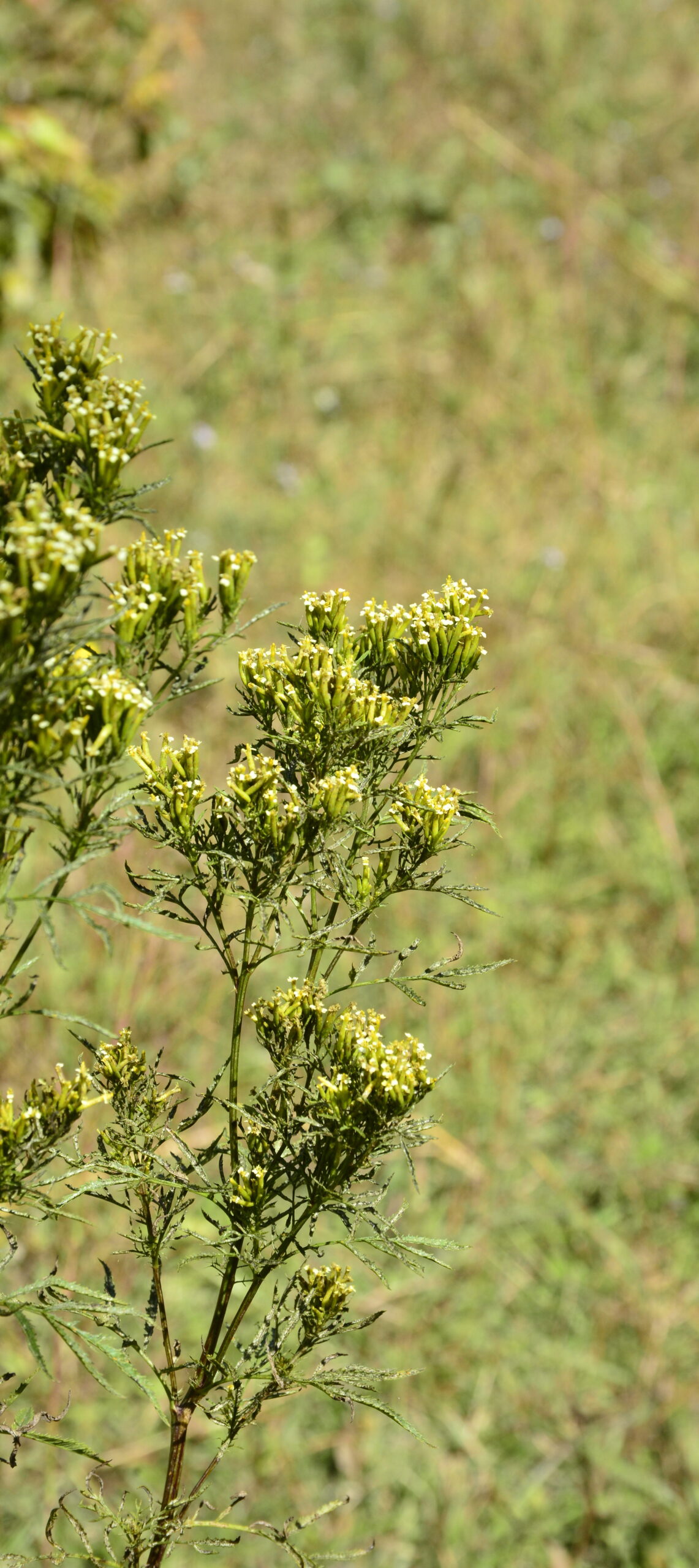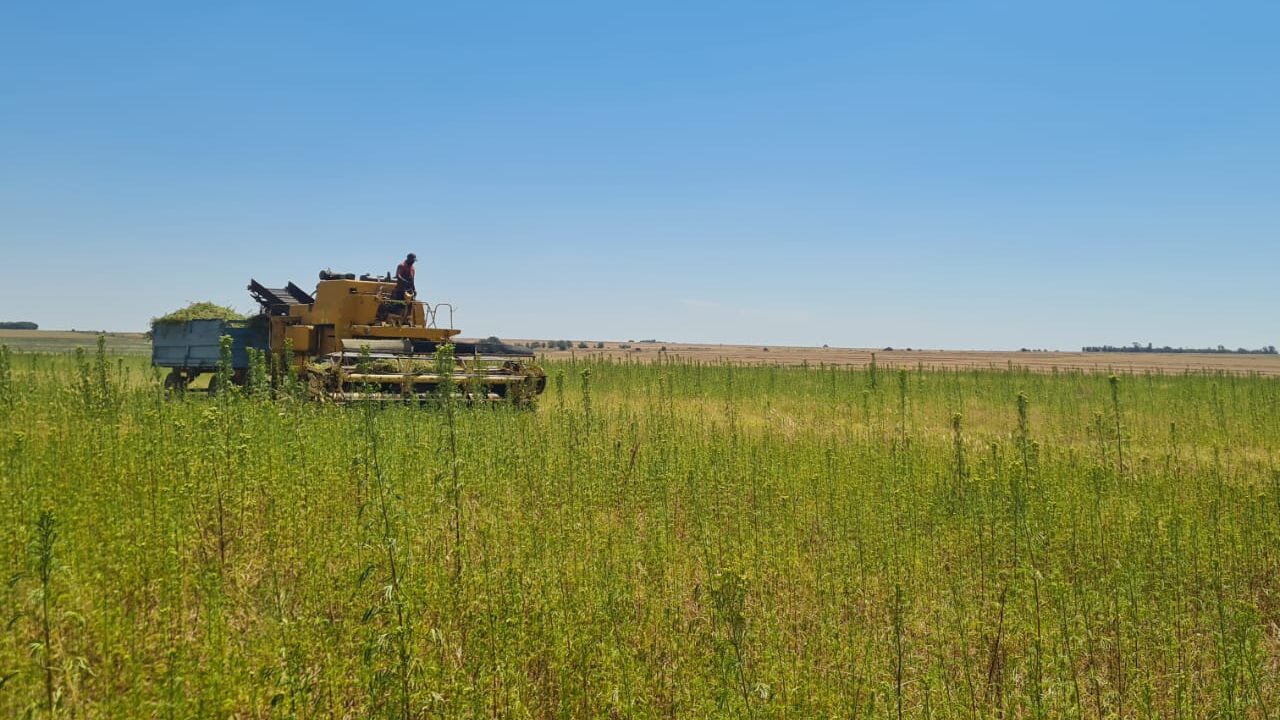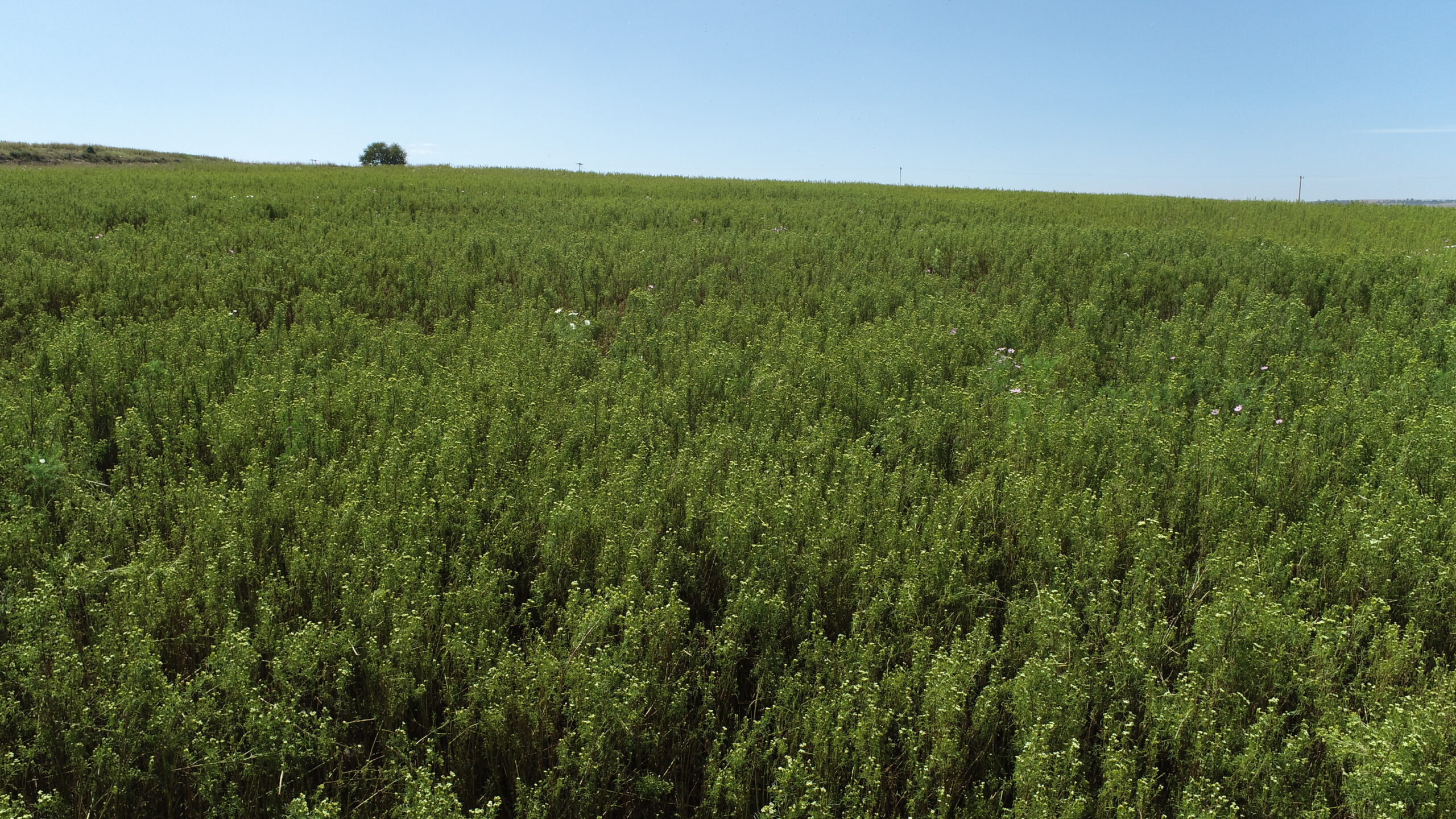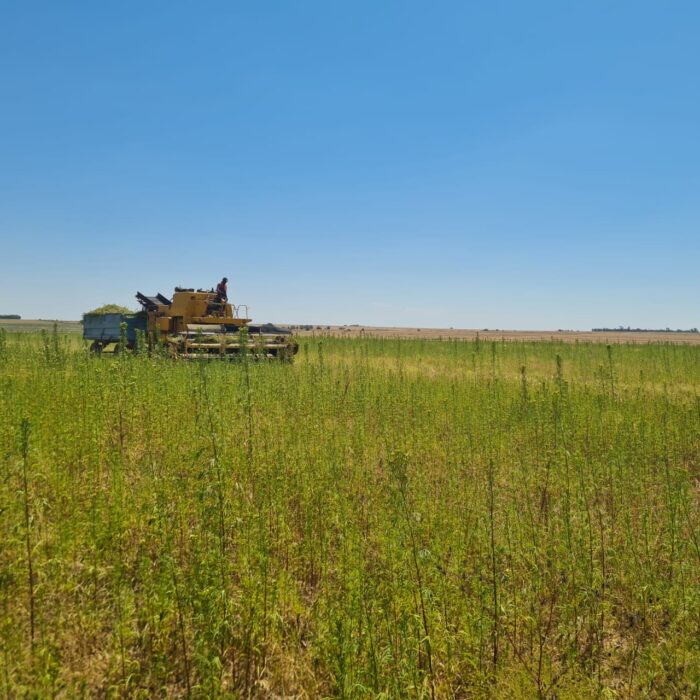April, 2024
Tagetes Oil is steam-distilled from the fragrant flowers of the Tagetes minuta plant, also known as “Southern Marigold” and “Wild Marigold.” The botanical is native to South America, though it has since been naturalized to many other regions including Europe, Asia, and Africa. Berjé sources much of our Tagetes Oil from South Africa – one of the largest and most prominent producers of tagetes minuta in the world.
After enduring some setbacks in Q4 of 2023, tagetes oil production in South Africa has returned to relative normalcy. Producers of the oil were previously facing issues due to poor weather and rolling power outages, causing delays for both harvest and processing of new raw materials. These issues are now largely resolved, thanks in part to recent improvements in the production and supply chain behind tagetes oil, and supply is expected to remain strong and steadfast throughout the early 2024 season.

On the Eastern Cape, production of tagetes is affected by two key issues – weather and fuel prices. Rainfall is often stronger in this region, which can cause widespread delays when combined with the Eastern Cape’s overall lack of mechanized harvesting equipment. The dense and mountainous terrain means that most tagetes flowers are harvested by-hand in traditional farming communities, which makes navigating wet conditions difficult, especially once fields and hillsides have become significantly saturated by heavy, consistent rainfall.
Fuel prices are also a major concern for producers of tagetes oil in the Eastern Cape, as coal is often expensive and difficult to transport to remote oil producing regions. However, producers in the Eastern Cape have recently started the construction and implementation of biofuel-powered distilleries, which are highly efficient and well-adapted to the foliage-dense terrain of the region. The reduced cost of biofuel when compared to coal is especially important in small, isolated production locations, as they will no longer have to transport expensive coal once these improvements are finalized.

The Free State is the largest producer of tagetes oil in South Africa and is far less impacted by heavy rainfall and poor weather, as the harvesting process is highly mechanized. Unlike the Eastern Cape, which is mountainous and dense with foliage, the Free State is largely flat and stable, which allows farmers to utilize high efficiency harvesting equipment. Tagetes flowers in the Free State are often harvested late into the season, when the leaves have already started to fall from the plant, as this is the optimal period in which ocimene is produced (which is vital to the botanical’s aroma).
While harvesting is far more efficient in the Free State when compared to the Eastern Cape, the region is also heavily dependent on traditional fuel sources due to its overall lack of viable biofuel alternatives. This dependance caused widespread production delays during the 2023 season, when fuel shortages in South Africa were common and blackouts consistently occurred. However, recent improvements have since been made to key production facilities, introducing high efficiency generators which allow essential oil producers to continue operating, even amidst rolling blackouts.

Currently, one of the largest obstacles for tagetes farmers in South Africa is drought. The El Niño weather pattern brings warm and dry conditions to many regions throughout Southern Africa, resulting in widespread heatwaves that can disrupt crop cycles and reduce the overall productivity of agriculture. January proved to be a particularly difficult month in this regard – intense heat caused wheat seeds in South Africa to deteriorate much faster than expected, resulting in a reduced harvest of cereal grains. Farmers in South Africa were already under pressure to produce additional food crops due to the global grain shortages caused by the ongoing War in Ukraine, so this recent wheat harvest has the potential to disrupt tagetes production in key growing regions such as the Free State, as farmers replace their tagetes flowers with food crops.
Despite these challenges, tagetes oil production in South Africa appears to be undergoing widespread improvements to both fuel efficiency and harvest efficiency. The continued prevalence of mechanized harvesting equipment in the Free State has offset many of the delays normally caused by poor weather conditions, and biofuel distilleries in the Eastern Cape will allow the region to consistently produce essential oils without transporting expensive coal into local growing communities. Berjé works closely with tagetes oil producers to ensure farmers and distillers have access to all the resources they need in order to continue producing their irreplaceable essential oils.
Posted In:
Essential Oil Expert - Feature Articles - Market Report - Uncategorized - Climate Change - Eastern Cape South Africa - El Niño Weather Pattern - Free State South Africa - Russia Ukraine War - South Africa Droughts - South Africa Farmers - South African - Southern Africa - Tagetes Flowers - Tagetes Oil - Tagetes Oil Production - Tagetes Oil South Africa - Tagette Flowers - Tagette Oil - Tagette Oil South Africa
